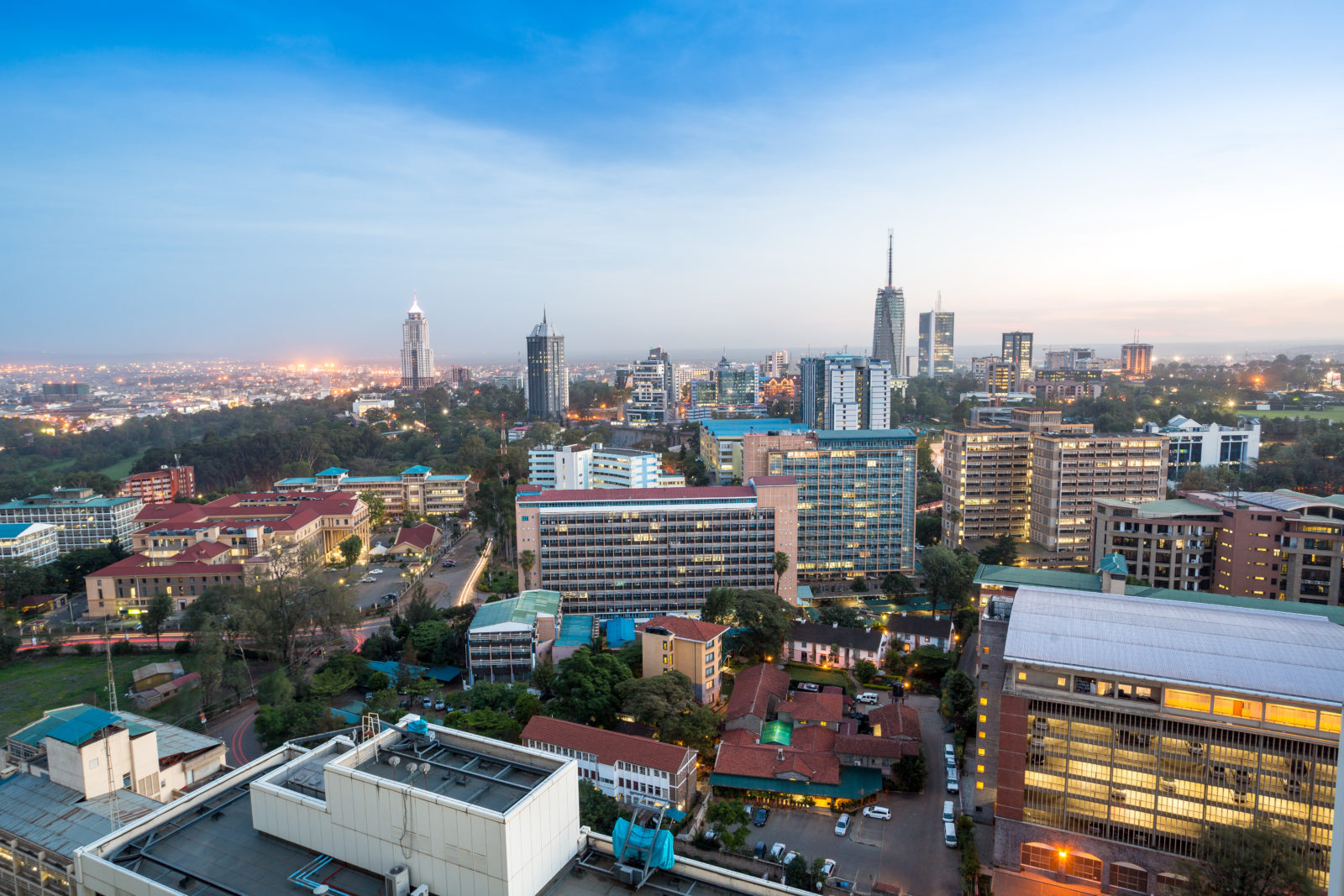Don’t Forget Africa During Black History Month
A surprising best-seller on the Black History Month table at a downtown book store is Out of America, by Keith B. Richburg, until recently Africa bureau chief for the Washington Post. If you had to find adjectives for the author’s voice as it comes off the pages of this courageous and potentially controversial book, they might include “agonized” and “indignant.”
Richburg, a black reporter in his mid-30’s who grew up in Detroit, is agonized over his three year-long reportorial experience with Africa. He is indignant that other Americans, especially black leaders, refuse to face up to African realities that conflict with popularized fantasies.
“They go through a bizarre kind of metamorphosis when they set foot on the continent of their ancestors,” he writes. “Some of the most prominent veterans of America’s civil rights wars — articulate advocates for human rights and basic freedoms for black people in America — seem to enter a kind of moral and intellectual black box when they get to Africa.
Dictators are hailed as statesmen, unrepresentative governments are deemed democratic, corrupt regimes are praised for having fought off colonialism and brought about `development.'”
In other words, many black Americans seem unable or unwilling to see the continent as it is. Richburg, on the other hand, apparently was almost traumatized by witnessing all-too-real civil wars, random violence and tribalism of almost every description. Even in his home in Nairobi, Kenya, he lived in physical fear.
“I am surrounded by a high fence and protected by two large dogs. I have a paid security guard patrolling the perimeter, a silent alarm system, and a large metal door with a sliding bolt that I keep firmly closed, all to prevent Africa from sneaking across my front yard and bashing in my brains with a panga knife for the two hundred dollars I keep in my top desk drawer.”
He describes up close the scenes the rest of us witness only on TV, and try to forget. Here, in country after country, are the “limping, bleeding, blistered” refugee children, merciless street justice, unblinking political corruption and scary, unpredictable military cruelty. Richburg’s own local staff stole from him. He had to hire gangsters to protect him in Somalia or risk becoming their targets. Close journalist friends were killed trying to get a story there and elsewhere.
He encountered instances of discrimination almost everywhere; sometimes for being an American, sometimes for being black, but most often for being confused as an African from a different tribe. Now his identity crisis has become his identity. It’s what gives his writing its searing passion. Even for Americans who have visited Africa for tourism or business, Richburg’s account will seem like a slap across the face–rude but, in its honesty, bracing.
For an African, one suspects, it also will prove Richburg’s own realization that he is a generic American at heart, not really an “African American.” His despair about Africa’s future after his tour as a journalist may not be shared by blacks who have lived in Africa most of their lives and have known a settled existence most of the time.
There is, for example, the viewpoint of an African presently living in America, Professor Abdullahi Ahmed An-Na’im. If anyone has a right to be pessimistic, it is this human rights advocate who was forced to flee his native Sudan. Now a professor of law at Emory University in Atlanta, he visited the Jackson School at the University of Washington last week to describe politics in his home region. Like Richburg, he is frustrated by American ignorance of African realities. But they are not quite the same realities that Richburg details.
For example, An-Na’im, a Moslem, is upset that the words “Moslem” and “fanatic” are almost inseparably linked in media reports on the civil war going in Sudan. He believes the West plays into the hands of the current regime in Khartoum by crediting its barbarism to religion. For the present junta, Islam is simply a political disguise for seizing and holding power.
In a shrewd assessment of the real Africa, An-Na’im holds that African history is one of state power affecting everyone’s direct livelihood. To be out of power politically is to risk destitution. Political losers lose everything. When power cannot be obtained legally, therefore, coups and revolutions become inevitable.
The task for African democracies is to lower the stakes by lessening the power and sway of the state, while opening constitutions to include real federalism (decentralization) and guarantees of minority rights.
In a few pages of his book, Richburg seems to agree with this last point. Emphasis should be placed, as in South Africa, on achieving constitutionalism before elections are held, not afterwards. And, like An-Na’im, Richburg would like to see decentralization that gives tribes more power within their home areas.
Simultaneously, both would like to see more regional cooperation that crosses the old and largely irrelevant national borders established by the old colonial powers.
But, “One of Africa’s problems,” An-Na’im says, “is that it doesn’t have a constituency in this country (the US)” to advocate such a program.
How true. White Americans seem all too prepared to wash their hands of Africa, while too many black Americans seem transfixed by dreams of an innocent Eden.
Don’t jump into Africa without thinking how all the pieces fit, says An-Na’im. But also, don’t ignore us.
